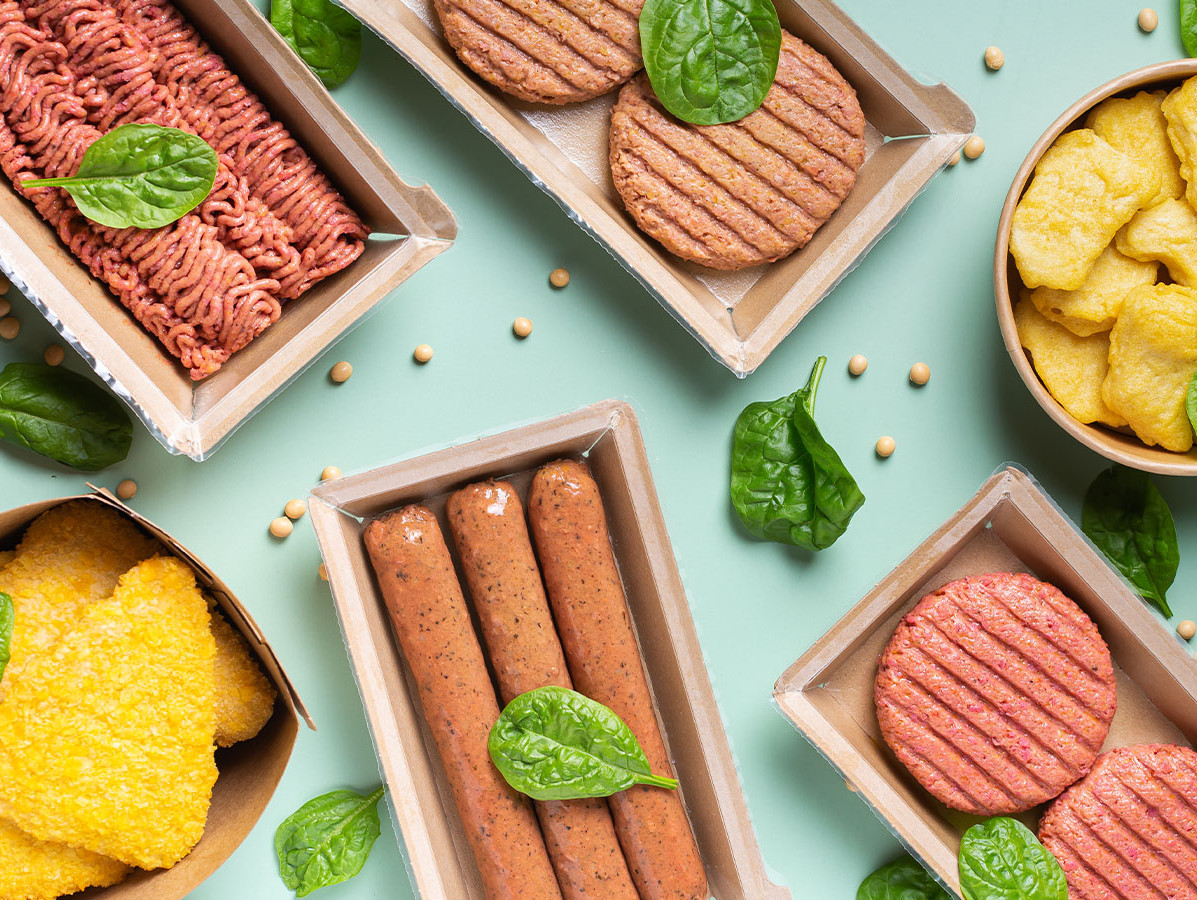
The food chain is struggling with increasing sustainability requirements, falling global market prices, rising costs, austerity-minded consumers and difficult price negotiations. Rabobank dwells on key economic developments, the protein transition and organic.
The vast majority of food producers and food retailers slashed their profit margins last year. If you look at the European operations of larger suppliers, you see margin drops of several percentage points. While purchasing, sales and inventory costs, as well as financing costs, have often actually increased. Producers and also food retailers will thus try to pass on further rising costs to consumers. This will still put upward pressure on consumer prices in the coming months.
Only by the summer does Rabobank expect supermarket prices to stabilise. Whether they will also go down remains to be seen. History shows that consumer prices are only very sporadically adjusted downwards again.
The Netherlands was expected to be in a mild recession in early 2023. So far, this does not appear to be the case and also for the rest of 2023, the general economic outlook is still positive with a slight growth of 2%. Dutch consumers continue to spend for the time being. At supermarkets, volumes are under pressure due to downtrading and the latest after-effects of the corona-lockdowns, but overall there is sales growth due to price increases.
The food industry recorded a sharp increase in sales last year. This is almost entirely attributable to price increases and only marginally to volume growth. For 2023, due to higher prices, Rabobank expects a stable line in sales with only limited growth in turnover. What is clear is that the industry has recovered well after the corona years and that sales are back at the level of around 2019. This line will continue next year.
It is important as a food company to invest in making your business more sustainable. Rabobank dwells on two topics that currently require a lot of attention.
Protein transition; is the meat substitute hype over?
From a consumer perspective, the protein transition is driven by a changing view on the impact of what we eat on our health, the environment and animal welfare. Over the past decade, the share of meat and dairy substitutes on supermarket shelves has grown substantially. Last year, that sales growth stalled because of price-critical consumers. In addition, the quality of products was not always up to expectations. There was also a retreat by investors.
The underlying trend has not disappeared, however. There is still a world to be won in terms of quality, production techniques and raw materials, and a next generation of plant-based cheese alternatives, fermented protein products and cultured meat is already on the horizon. Rabobank therefore expects further growth, driven by innovation, for the alternative proteins market towards 2030.
Organic; how to grow to 15% production area?
The government wants the market share of organic to grow to 15%. Ambitious when you consider that the current market share in both (agricultural) production and consumption fluctuates between 3 and 4%. Currently, volumes are even levelling off, with price-conscious consumers more often opting for relatively cheaper alternatives. Increasing sales is crucial for the growth of organic production to succeed. If the government really wants to work towards this goal, more coercive policies will have to be implemented. For example, by: legislation on pricing of organic products, increasing the supply of organic products in supermarkets and offering organic products in government institutions.
Source: Rabobank